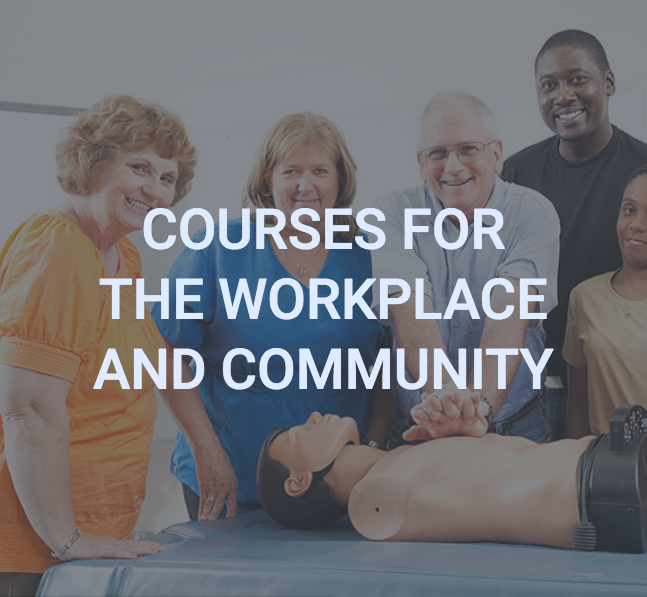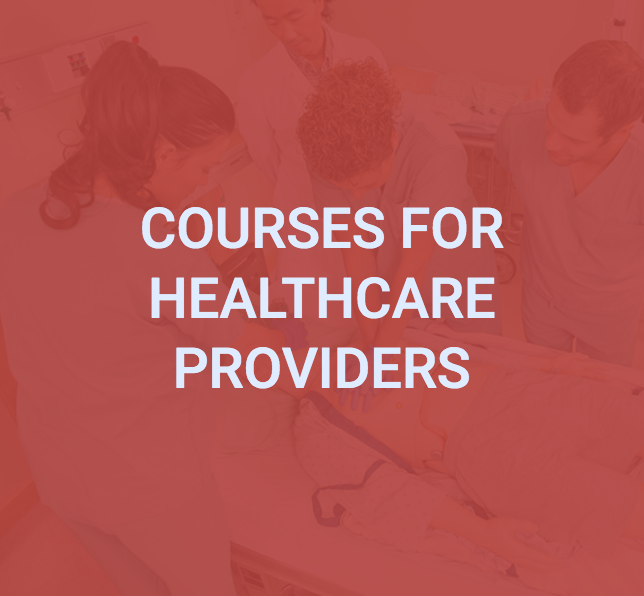Caring for ill or elderly family members can be difficult in the best of times, but for many, the pandemic has made caregiving even more stressful. People who receive daily care tend to be older or dealing with long-term illness, making them more susceptible to contracting COVID-19. So in addition to the usual physical care needs, caregivers will need to take extra steps to protect the health of their loved ones. Further, there are additional needs related to mental health, medical care planning and coordination, and a caregiver’s own health.
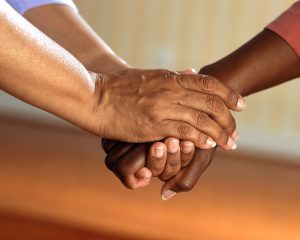
There are a few things that caregivers can to do make caregiving more manageable during the pandemic.
Learn CPR
Be sure that you are prepared to handle any situation that could arise, whether caused by COVID-19 or not. The majority of cardiac arrests happen at home, so being able to perform hands-only CPR could make all the difference for your loved one.
Plan for Medication and Necessary Supplies
- Try to get 90-day (or longer) supplies of prescriptions. Look into drive-through pharmacies or medication delivery.
- Make a list of necessary home care supplies, such as delivery mechanisms for treatment or medication, and distilled water for CPAP machines. Obtain a larger stock of supplies if possible.
Discuss Treatment Options
- Learn whether your loved one’s medical team is doing telemedicine visits, and how to access all members of the team virtually.
- Discuss whether your loved one will need to be physically present for any procedures, such as tests or blood draws, and the safety precautions being taken.
Make a Safety Plan
- Keep up with all safety recommendations, such as masks and social distancing. Ensure that all who come into contact with your loved one are taking precautions.
Finalize Health Care Wishes and Directives
- Ensure that all legal documents are up to date, and have candid conversations about your loved one’s wishes.
Don’t Forget Mental Health
- If you or your loved one are feeling anxious or isolated, make your mental health and happiness a priority. Reach out to a therapist if you need help.
Care for Yourself
- Do your best to eat healthy, be physically active, minimize stress and get enough sleep. If you’re not feeling well, caregiving will be even that much more difficult.
If you’re ready to learn CPR and first aid to protect your loved one, HeartCert is here to help. We’re offering virtual CPR training options to keep our students safe. Contact us to learn more.
HeartCert CPR is your trusted training partner for CPR, ACLS, PALS, EMR and First Aid in the Twin Cities and throughout greater Minnesota. HeartCert offers a variety of courses, including CPR/AED/First Aid and CPR/AED, Basic Life Support (BLS), Advanced Cardiac Life Support (ACLS), Pediatric Advanced Life Support (PALS), and Certified Nursing Assistant training. Courses and certifications from both the American Heart Association and American Red Cross are available.
Find your CPR class at any of our convenient Twin Cities locations, including our headquarters, HeartCert CPR Eagan.

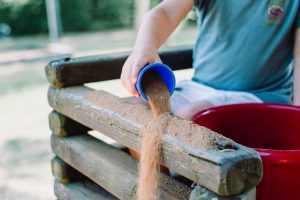
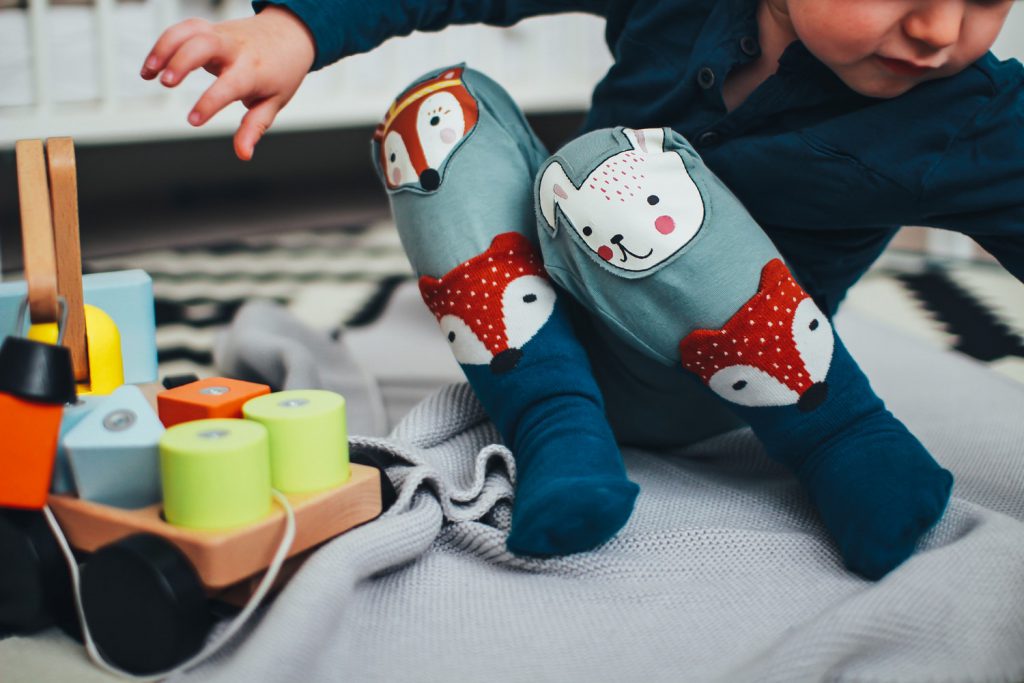
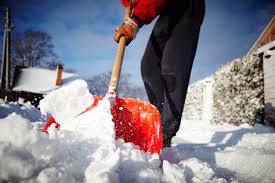 Winter has officially arrived in Minnesota, with snow storms the past two weekends forcing residents state-wide to pull out our shovels and fire up our snow blowers. Clearing our driveways and sidewalks is an added duty that we all have to tackle each winter and although it may be tiring and inconvenient, it can also be dangerous. A study conducted by US Nationwide Children’s Hospital found that every winter, almost 100 people in the United States die from cardiac-related injuries associated with snow shoveling.
Winter has officially arrived in Minnesota, with snow storms the past two weekends forcing residents state-wide to pull out our shovels and fire up our snow blowers. Clearing our driveways and sidewalks is an added duty that we all have to tackle each winter and although it may be tiring and inconvenient, it can also be dangerous. A study conducted by US Nationwide Children’s Hospital found that every winter, almost 100 people in the United States die from cardiac-related injuries associated with snow shoveling. 